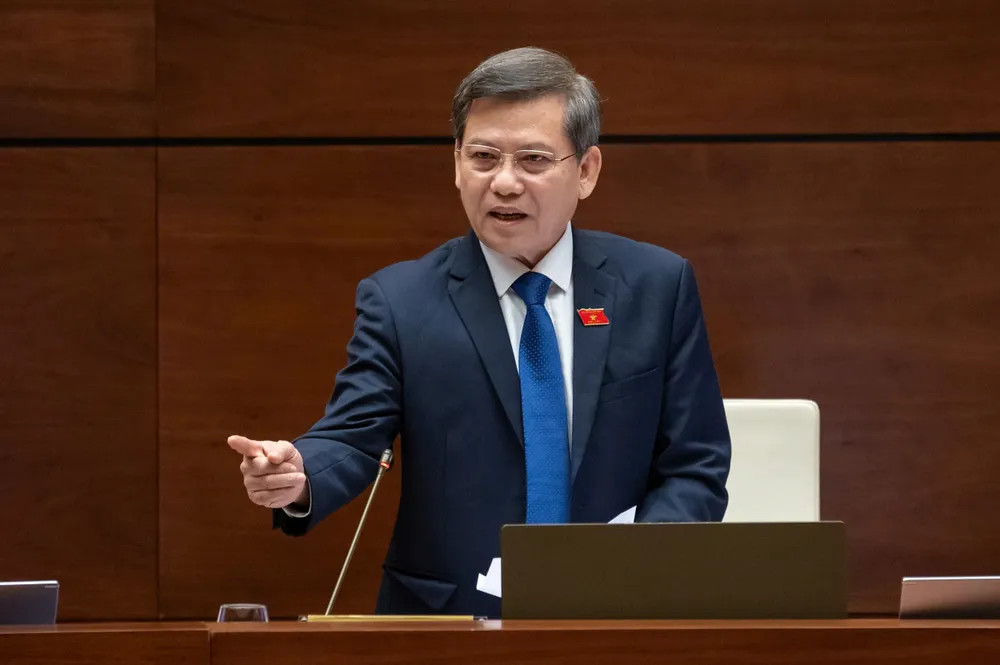
On the afternoon of May 26, during the discussion at the hall about the draft Law amending and supplementing a number of articles of the Civil Procedure Code; the Administrative Procedure Law; the Juvenile Justice Law; the Bankruptcy Law; the Law on Mediation and Dialogue at Court, all opinions expressed agreement with the policy of adjusting the transfer of the authority to resolve civil cases, administrative cases, bankruptcy settlement, and mediation organization under the first-instance procedure of provincial-level people's courts to regional people's courts to suit the practical work of arranging and streamlining the organization of the people's courts.
However, delegate Pham Van Hoa ( Dong Thap ) noted that with this change, the responsibility and authority of the regional court will be very heavy.
"It is recommended to increase the number of judges and clerks for the regional court to have enough capacity to handle cases," said Mr. Pham Van Hoa.
According to Deputy Pham Van Hoa and several other deputies, the current law stipulates that the head of an administrative agency (chairman of the People's Committee) can only authorize his or her deputy to attend the trial, but the practice of handling administrative cases shows that in many cases, the Chairman of the People's Committee often authorizes the director of the department, the head of the division, the chief inspector, etc.
"However, it should be regulated like that because they know the case well, and the provincial chairman has a thousand and one things to do, how can he go to court?", Mr. Pham Van Hoa expressed his opinion.
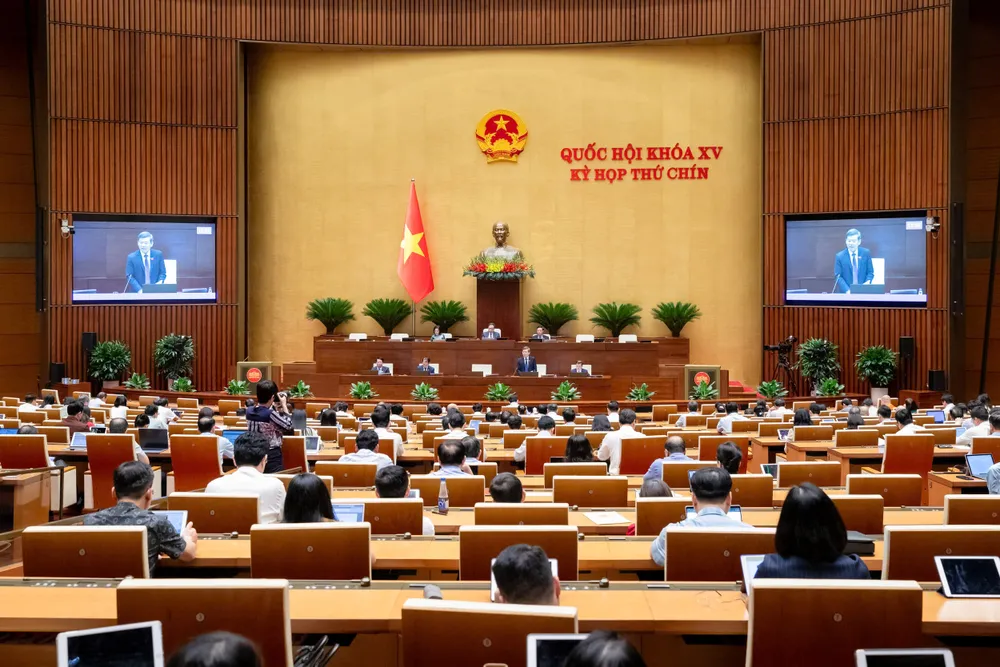
Sharing the same concern, Deputy Nguyen Tam Hung (Ba Ria - Vung Tau) suggested that in order to ensure the seriousness of administrative proceedings, the draft law must either clearly stipulate the authorization for leaders of specialized agencies to attend court sessions, or if kept as it is currently, it must add more forms of handling administrative agency heads who do not comply with law enforcement.
Speaking later, Chief Justice of the Supreme People's Court Le Minh Tri acknowledged that current laws do not clearly stipulate sanctions for the Chairman of the People's Committee who is the subject of administrative lawsuits.
According to Chief Justice Le Minh Tri, the responsibility of the People's Committee Chairman is not only to attend the trial, but also to provide documents, dialogue, participate in the trial and finally execute the sentence.
“I have said many times that if the law is not amended, it is not strict, but it is true that if it is strict, it cannot be done. There are localities that have up to 500 administrative cases each year, and if the chairman attends all of them in court, he will have no time left to run and manage the state,” Mr. Le Minh Tri explained.
The head of the judiciary pledged to continue to study this issue carefully to find a strict but feasible solution.
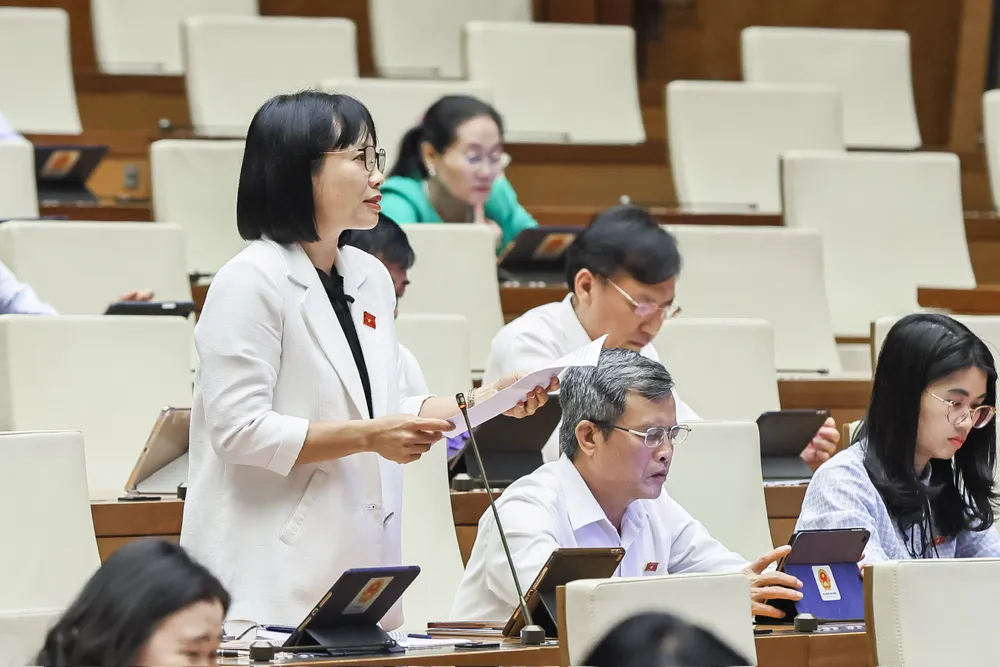
Responding to Deputy Nguyen Thi Viet Nga (Hai Duong) about the establishment of specialized courts on bankruptcy and intellectual property, which may lead to the appointment of additional leadership positions and staff, while the trial efficiency of these courts remains low, Chief Justice Le Minh Tri affirmed that not all regional courts have specialized courts on bankruptcy and intellectual property, but only 3 regions, Hanoi, Da Nang and Ho Chi Minh City, have specialized courts on bankruptcy and 2 regions, Ho Chi Minh City and Hanoi, have specialized courts on intellectual property. According to Mr. Le Minh Tri, such a regulation is appropriate.
Source: https://www.sggp.org.vn/neu-khong-sua-luat-thi-khong-nghiem-nhung-lam-nghiem-thi-lam-khong-noi-post796886.html


![[Photo] Prime Minister Pham Minh Chinh meets with Hungarian President Sulyok Tamas](https://vphoto.vietnam.vn/thumb/1200x675/vietnam/resource/IMAGE/2025/5/29/dbcaa73e92ea4448a03fe1d0de6d68e8)
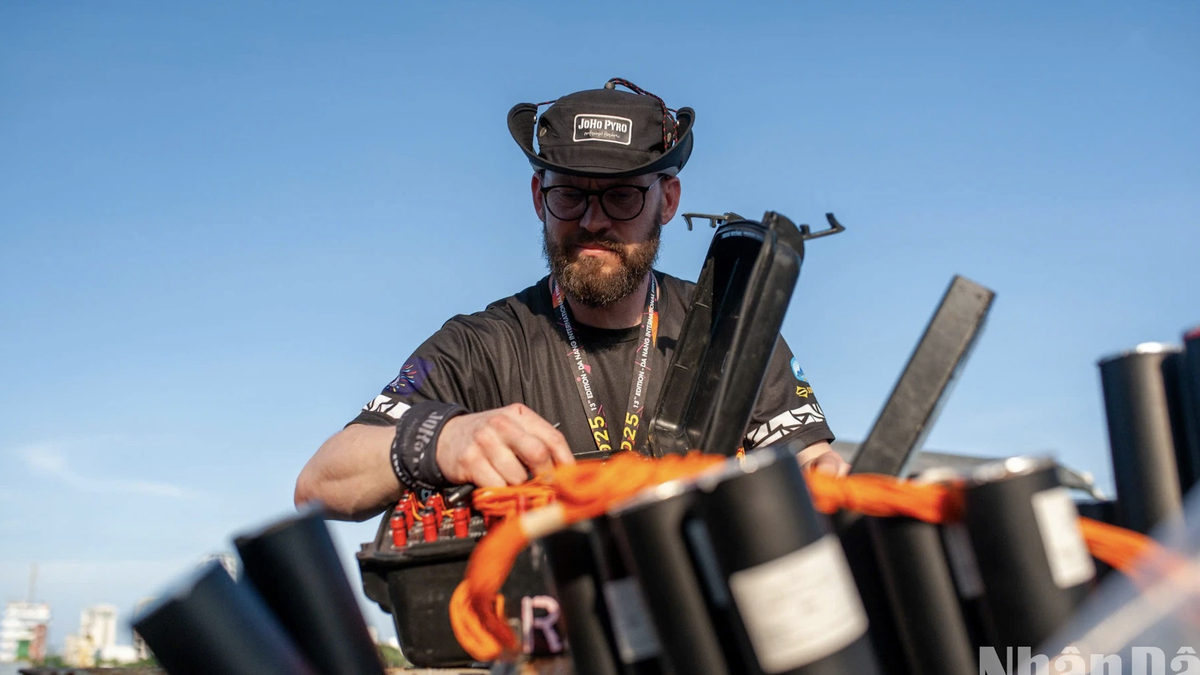

![[Photo] Vietnamese and Hungarian leaders attend the opening of the exhibition by photographer Bozoky Dezso](https://vphoto.vietnam.vn/thumb/1200x675/vietnam/resource/IMAGE/2025/5/29/94d8ceca5db14af3bf31285551ae4bb3)




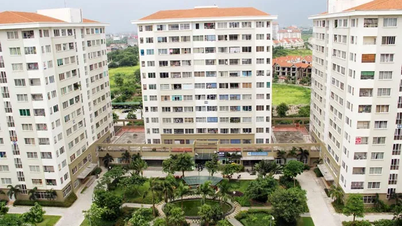
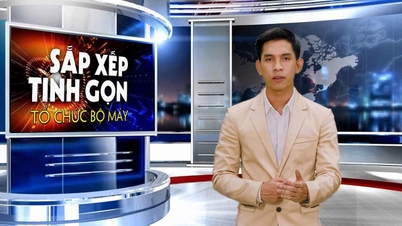



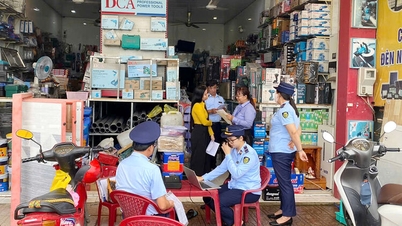
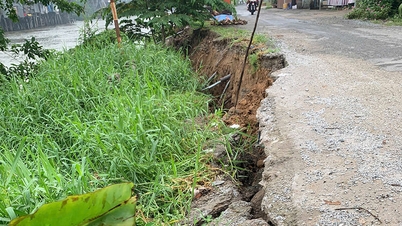




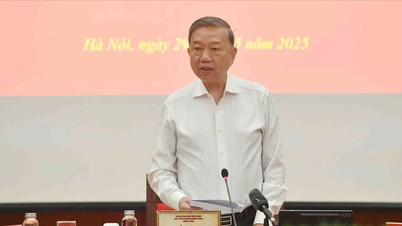
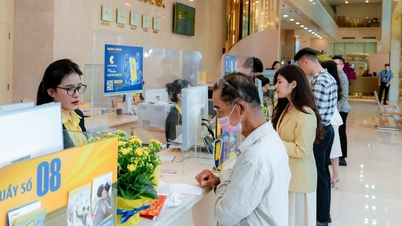
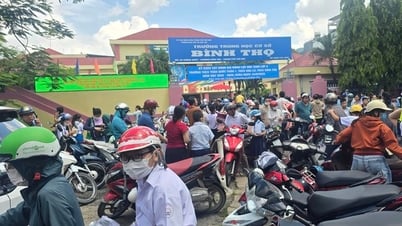


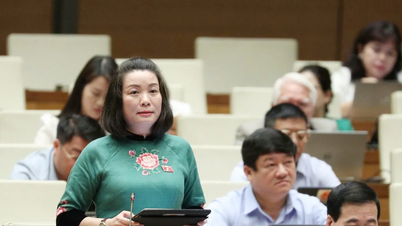










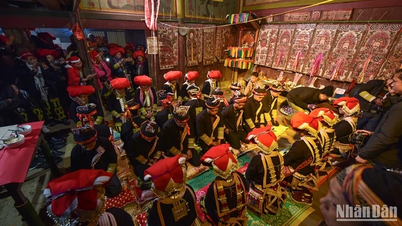








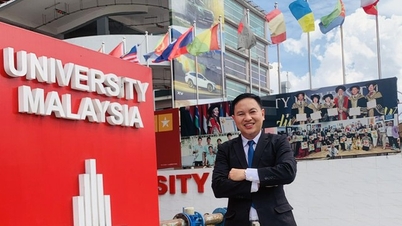









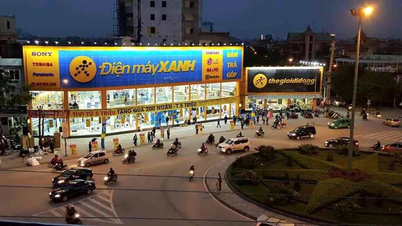





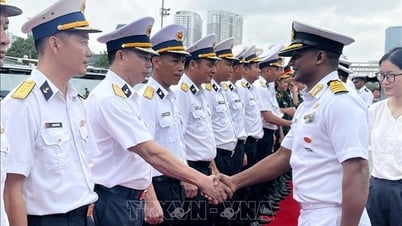

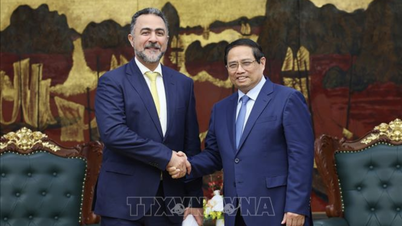

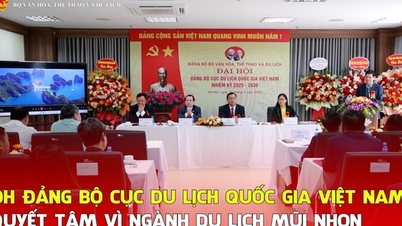

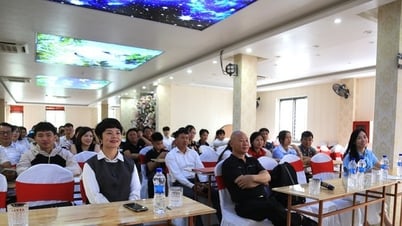
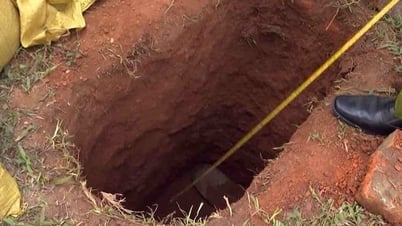


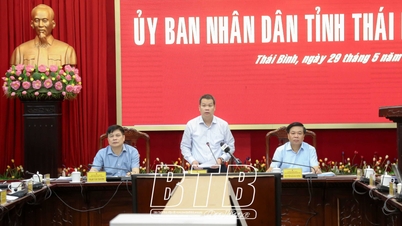

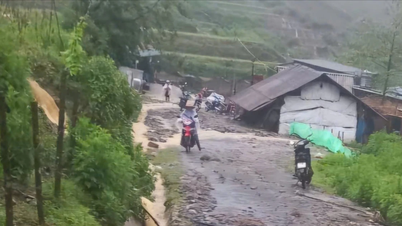
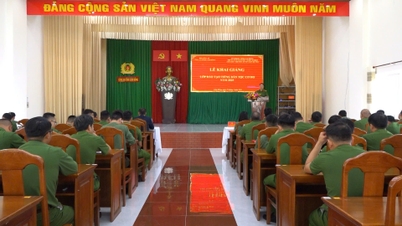

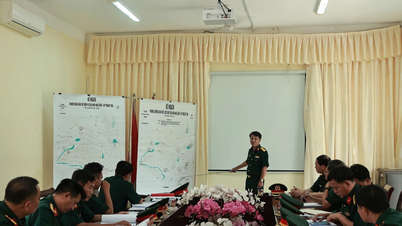











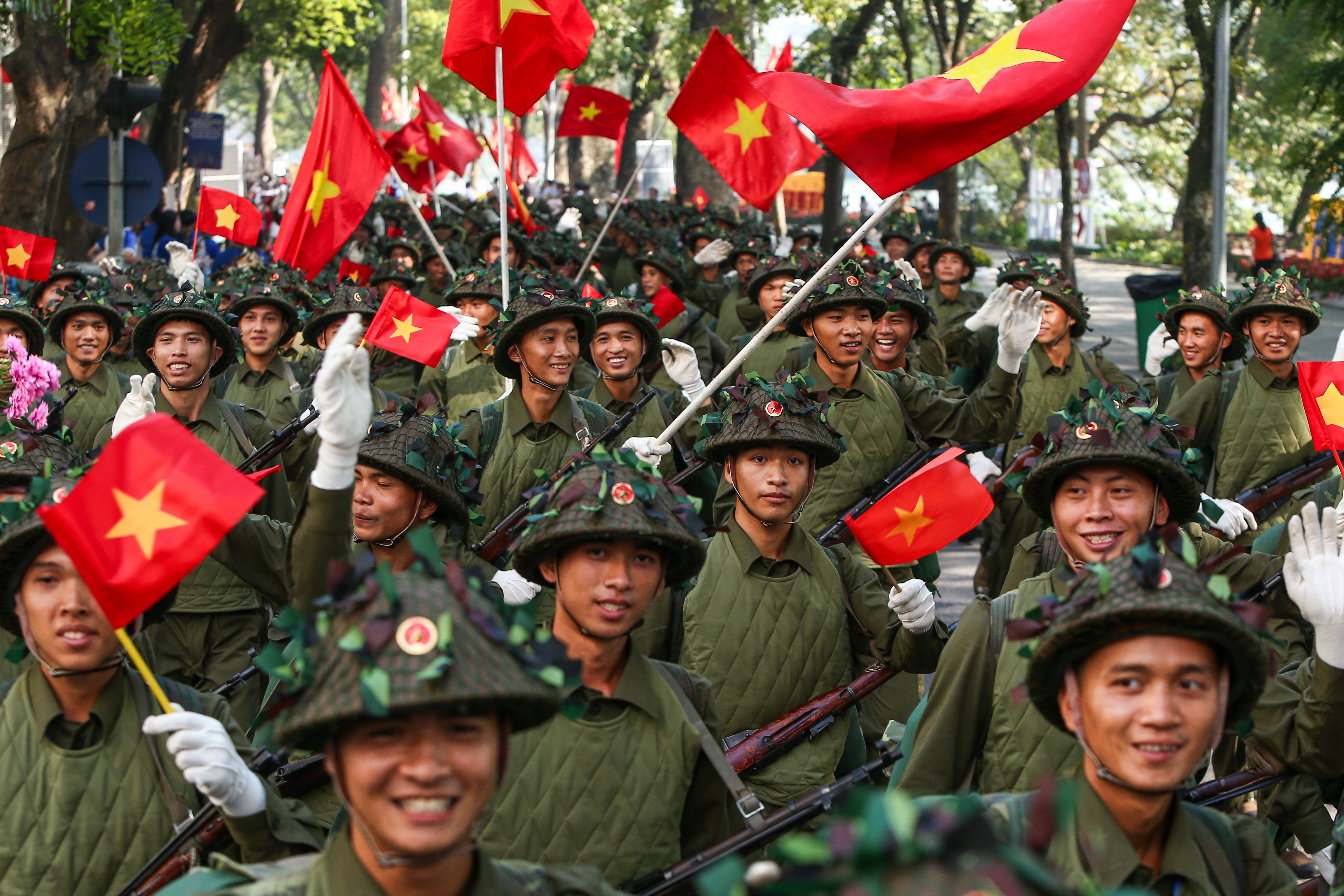



Comment (0)